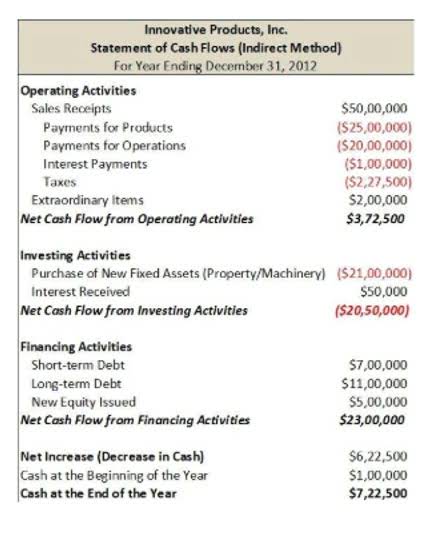Payroll Taxes Paid by Employer Overview for Employers

The employer then submits that payment to the appropriate taxing agencies on behalf of the employee. Employees pay income taxes at the federal, state, and local levels through payroll deductions. New hires fill out Form W-4, which is used to calculate the federal income tax withheld from each paycheck and sent directly to the IRS by the employer throughout the year.

At first, nothing about payroll seems simple, but payroll taxes are perhaps one of the most confusing—and high-pressure—items on the payroll to-do list. You’re bombarded with acronyms like FICA, FUTA, and SUTA, and it’s easy to be left wondering which payroll taxes are the employers’ responsibility and which fall on your employees. Having a business, even a corporation, which payroll taxes are the employees responsibility and which are the employers responsibility does not relieve company employees, executives, or owners from personal responsibility if payroll taxes are not paid. For example, if you are a single-member LLC, you are the sole owner of the business and you have personal responsibility for these taxes. In most cases, local income tax is withheld from employee wages and deposited by the employer.
Payroll taxes paid by employer
These taxes can pay for various local projects, such as transportation, that support business and production. They could be taxes you’re responsible for as an employer, taxes the employee is responsible for or both. In addition to the federal taxes, you may be responsible for state payroll taxes. The most common state payroll tax pays for state unemployment insurance (SUTA tax), of which you cover 100% as the employer.
- As an employer, you are also responsible for withholding state or local payroll taxes required by your state and city.
- In particular, when it comes to filing and paying your taxes, investing in professional tax advice is always helpful—after all, if you file late or incorrectly, the IRS can charge penalties or fees.
- On January 9, 2014, DOL and HHS issued FAQs that addressed, among other things, future rules relating to excepted benefits.
- For new employees, employers must require them to complete Form I-9 to verify they are legally eligible to work in the U.S.
- This could be due to a withholding error or the way the tax system is structured.
- Reduce payroll errors, stay compliant with complicated laws, and meet deadlines with Eddy Payroll.
The employer typically covers the entire cost of the unemployment payroll tax, both at the federal and state levels. Your employer liability is $29 (and withhold $29 from employee wages for their portion). There are both employee taxes paid by employer as well as taxes paid by employees. Payroll taxes must be deposited electronically through the Electronic Federal Tax Payment System, or EFTPS. Small employers, who are permitted to pay their employment tax when filing their annual employer tax return, can opt to use EFTPS.

Leave a Reply